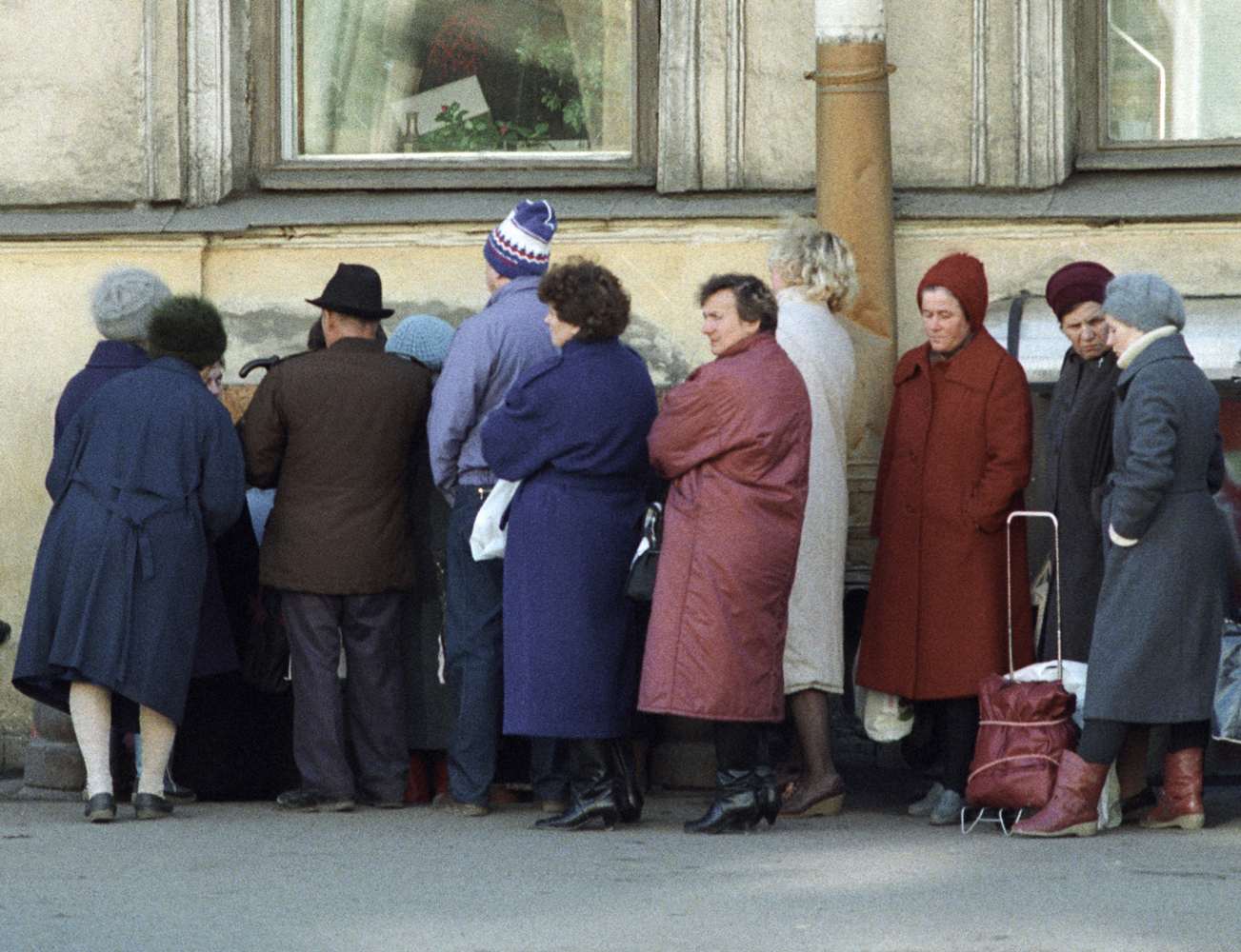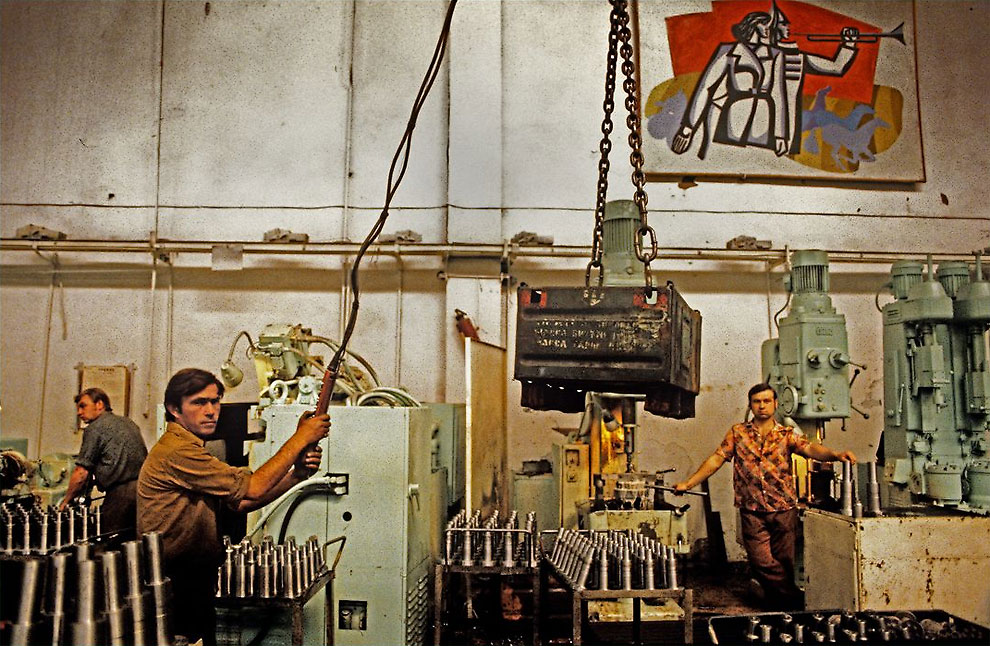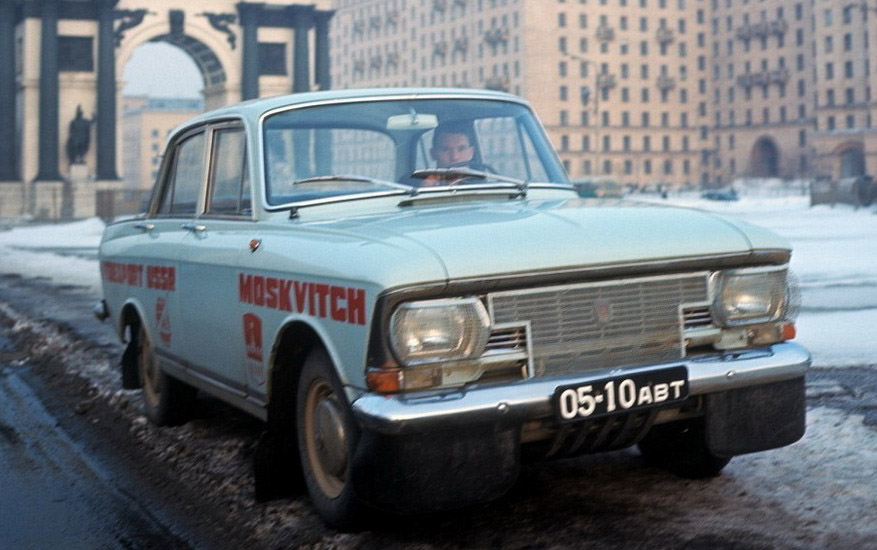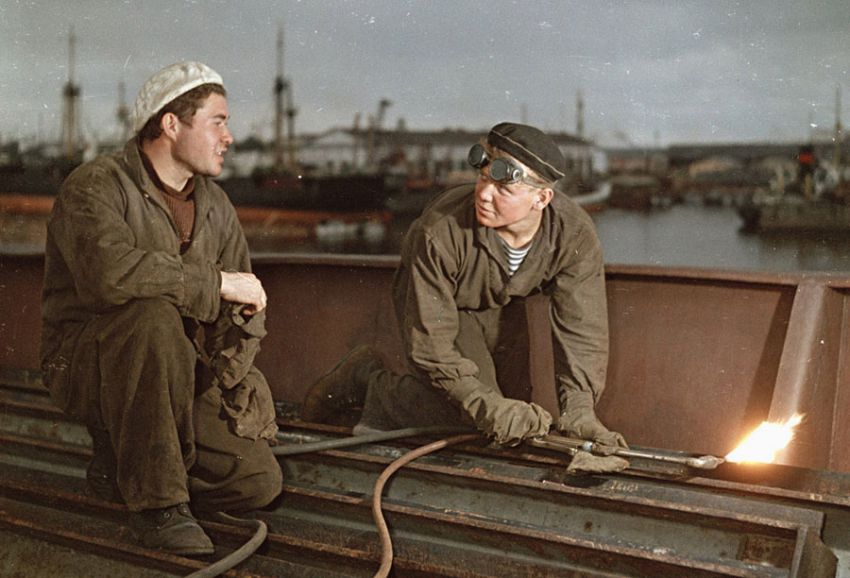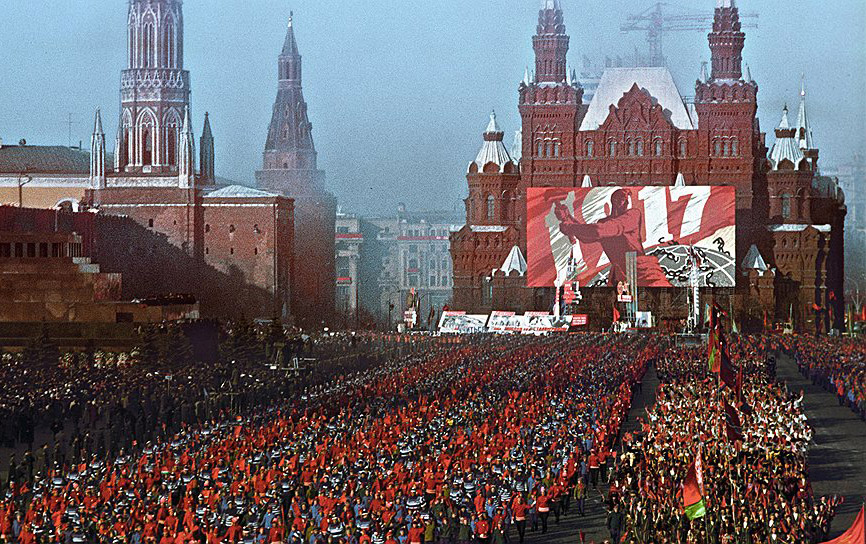News
Back to the USSR: why Russians continue to dream of living in the country of the "soviets"
No one is more nostalgic for the Soviet period than Russian vatniks. It is unlikely that you will find in other countries that were once part of the USSR so many people who are eager to bring back the scoop. And don't give Russians bread and butter, let them remember how "bright and beautiful" life was during the communist era.
Why is the Russian soul so drawn back to the past? Moreover, to the past that sane people remember with fear and sadness, but definitely not with nostalgia. Blogger Maxim Mirovich tried to find answers to these questions.
Poor quality of products
The simplest and most obvious reason is the poor quality of food. Perhaps large cities like Moscow, St. Petersburg, or Smolensk are not representative in this regard. Russians complain en masse about "powdered" milk, cheese that looks more like paraffin, liquid sour cream that doesn't even have a characteristic flavor, and so on.
In Ukraine, the Baltic states and other former Soviet republics, the situation is much better. Everywhere except Russia, the quality of local products is very good. So many Russians fondly remember the Soviet years, believing that the food was better then.
Work and monotowns
During the Soviet era, so-called monotowns appeared in Russia. In fact, there were one or more large enterprises around which the infrastructure was built: dormitories, schools, kindergartens. As a rule, these were enterprises in the mining or processing industries or energy giants.
The closure of these enterprises coincided with the collapse of the USSR and the turbulent 90s. The unemployment rate increased many times over as old businesses closed down and no new ones appeared. The situation was particularly critical in Russia, where single-industry towns were often built in remote, desolate areas with harsh climates. Instead of adapting to the new market conditions and opportunities, Russians went into a massive all-Russian binge after the closure of the factories, and they have not been able to get out of it to this day. And the Soviet so-called stability is remembered with nostalgia.
Bad roads
The situation with roads in Russia is catastrophic. Everything has been standard for many years: if anything is allocated from the budget for construction, it is stolen at various stages. The maximum that is left over is for patching or filling potholes with broken bricks.
Loss of the status of "honorable professions"
Again, we go back to the 90s and the closure of factories. There were no "officially rich" people in the USSR, everyone was "equal," and the party nomenclature (as in Orwell) was "a little more equal." There was also a certain status and hierarchy. Work at various closed enterprises and in monotowns was considered "status and prestige." The USSR collapsed, factories closed, and Russians created a cult of happy "soviet" life, which continues to feed generations of "cotton candy" youth.
The desire to live in a "great empire"
Apparently, even under Peter the Great and Catherine the Great, Russians liked to live under someone's strong authoritarian hand. For a people with a rather parasitic and inert mentality, it was important to feel that they belonged to some great empire. They are simply not capable of resisting evil and dictatorship. On a genetic level, Russians like to be part of a so-called "empire" that is always trying to prove something to someone (no matter what and to whom) in the international arena.
The USSR, like Russia, is a country of hunger and missiles. It is important for them to launch something big and grandiose into space, to terrorize the civilian population of a neighboring country with all kinds of weapons, and the fact that ordinary Russians do not have sewage at home is not so important. The main thing is to be a citizen of the "great and powerful," to feel superiority and constant hatred for the rest of the civilized world. And arrogance is probably better felt when balancing over a cesspool.
Subscribe to the OBOZ.UA channels in Telegram and Viber to keep up with the latest events.







